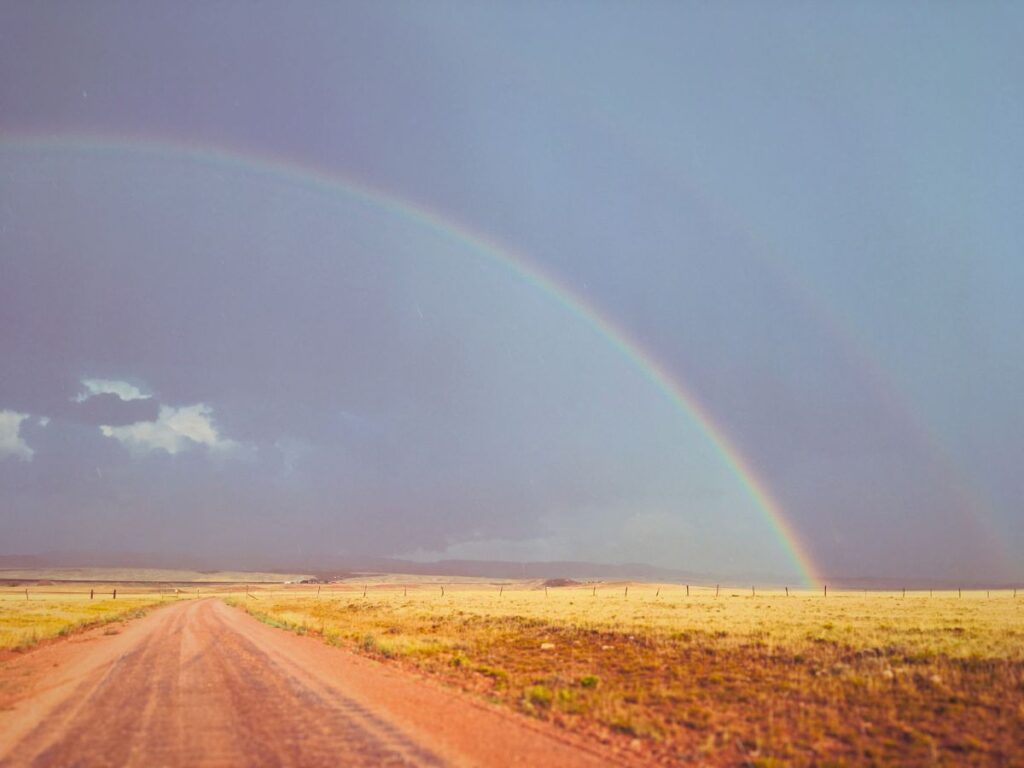When I was growing up in California from the mid-1980s to the ’90s, every election my parents would joke that there was no point in voting because they would just cancel each other out. They voted anyway. It didn’t seem strange to me that they had opposing politics until I was in college. At least at that time, I swore that I would never associate with anyone involved in “that kind of” politics. My baby boomer parents were probably the last generation to avoid discussing politics, religion, and money in public. That was rude. Now, in some circles, it’s almost rude not to declare your politics or declare your allegiance.
This is especially true for the 2024 election. Now that the lawn signs have (mostly) receded and the election dust has (somewhat) settled, we have an opportunity to rethink how we want to engage in politics over the next four years. It means how we take action, how we advocate, how we resist, how we persuade, and how we organize. But perhaps just as importantly, it can mean how not to do it, how to withdraw, how to unplug, and how to recover. How to make the personal personal again, for ourselves and for our democracy. Wyoming may be ready to begin this rethink.
I’m tempted to think that if we talk more about politics, we might be able to do better politics. If people talked more about politics, wouldn’t we become a more informed, engaged, and intelligent citizenry? Wouldn’t this lead to a stronger democracy? Not necessarily. As we all know by now, especially in the Internet age, we obtain information from very different sources, many of which operate on different sets of “facts.” I fear that a healthy, prosperous democracy, where people govern themselves wisely, cannot function in this environment.
But at the same time, we realize that another cause of our polarization and division is overcommitment to politics, or the fact that the best way to “save” democracy is to speak ad nauseam about political beliefs and sacrifice the people. What happens if you mistakenly believe that it is something you should do? What is our relationship with others? Just as the original Trump era saw a wave of people “unfriending” or ending relationships with people who voted differently, we are once again witnessing new manifestations of this impulse. are. I understand the urge to do something or take a stand. But no action is necessarily better than no action, especially when it divides people and threatens social cohesion. The point of politics is to serve human communities and relationships, not the other way around. If we allow our differences to destroy our connections, we have lost the design and purpose of this experiment in self-mastery.
To be clear, I am not advocating for anyone to abandon or hide their identity for the sake of superficial social cohesion. I am not advocating that everyone “just get along” and ignore real differences and problems. If you want to discuss politics with your uncle over the holidays, there are lots of great resources to do it without killing each other. I’m saying we don’t need to talk about politics. You are not an apathetic or irresponsible citizen who chose to ask your uncle about who is most likely to go to the Super Bowl rather than why he disparages immigrants.
Having lived in a blue bubble for most of my life in places like San Francisco, Washington DC, and Portland, it was easy to isolate myself from people who thought differently. And when I talked about my mother, a Christian Republican, and my father, a Democratic scientist, I was often met with wide-mouthed disbelief. Although it’s difficult to be a minority in Wyoming and feel unrepresented in state politics, I appreciate how easy it is to meet and get to know people who don’t think like me. And people who share similar politics also know people who don’t, usually their own loved ones. No one here is shocked when I tell them about my parents. I think this is Wyoming’s strength, or it could be if we let it.
A lot has changed for the better since my parents were growing up. But one thing that makes me question whether the boomers got it right is a sense of civic camaraderie, a common purpose as citizens, that prioritizes people and community over national politics. My parents used to argue politics with each other at home, but through their shared love of music, reading, and children, they knew when to stop and enjoy life in a different way.



